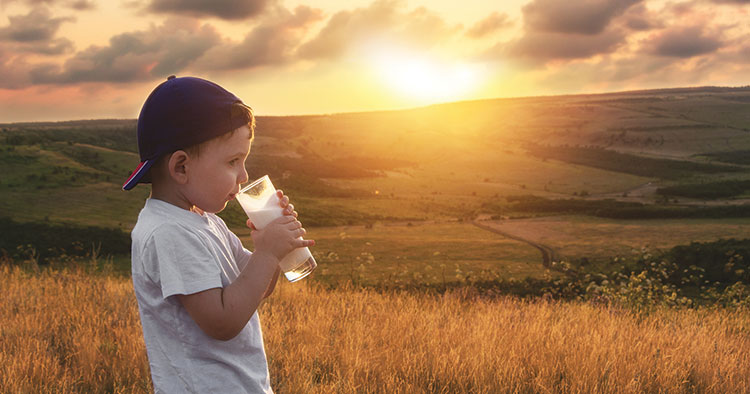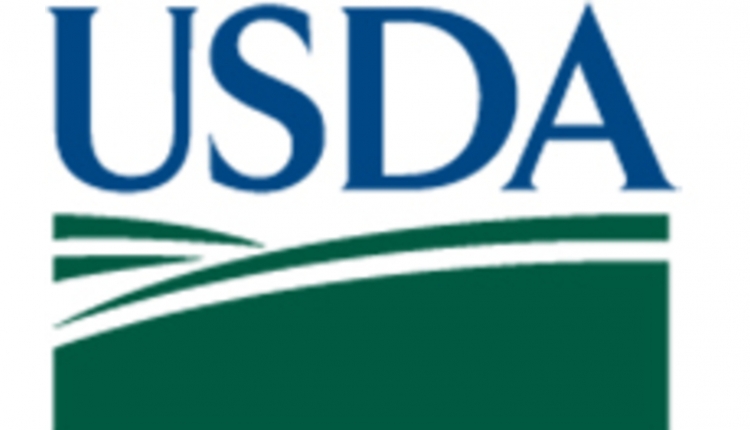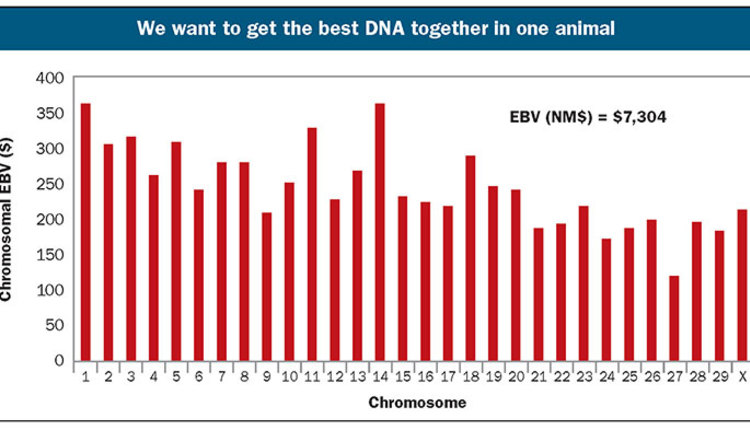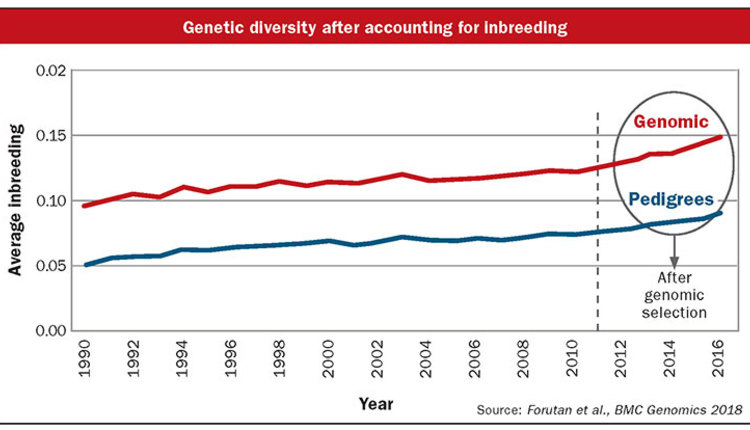
Why do we make milk?
“We should be enjoying the best health in history, and some are, but most are not,” said J. Bruce German, a professor at the University of California-Davis. “The quality of life for people is compromised largely by their diet,” he continued.
“For 70 years, the National Institutes of Health and other various research organizations have been supposedly mandated to fund research on health and disease prevention. In truth, they’ve been studying one thing — the diseases of middle-aged, rich men. Everything we think we know about health has been viewed through that lens, and the research is there to prove it,” German stated.
“Our fundamental principles at the Foods for Health Institute focus on what we should eat and what we should grow. We decided to abandon the model of federal funding and take a different approach to diet and health,” said the open-minded German.
A complete diet for infants
“When you think of lactation in humans, consider that the mother literally dissolves herself to make a complete and comprehensive diet for her infant. How does milk provide the benefits it does?” asked German.
“We started a worldwide consortium led by Danielle Lemay to assemble, annotate, and validate the subset of mammalian genomes responsible for milk: The Milk Genome.”
When German and his team took milk apart, they found the third most abundant class of biomolecule in human breast milk is undigestible by humans. This led Carlito Lebrilla to identify what they are; to be more succinct: Milk is full of complex sugar polymers that babies cannot digest.
German wanted to look further into the role of bacteria, so he and his team worked with David Mills, a microbiologist who studies structure, function, and health benefits of foodborne bacteria. They isolated bacterium after bacterium and finally found the answer.
Mothers recruiting help
“Oh, what a surprise; we found a unique strain of bacteria, Bifidobacterium longum subspecies infantis, B. infantis for short, from the intestine of a breastfed baby. When we sequenced the entire bacteria genome, we found genes encoding enzymes to break down every single one of the glycosidic linkages. Those specific bacteria can acquire those specific sugars and live on them.
“What a remarkable idea of evolution! Mothers are literally recruiting another life-form to babysit their baby, and they’re making sure this is the bacteria that flourishes because this is the one mothers evolved to feed via breast milk,” said the scientist.
When babies are born premature or by cesarean and start their lives in an incubator, they begin to acquire bacteria that will live with them their entire life. The bacteria comes from the hospital — not an ideal way to start life. German and his team further studied the effects of giving these babies the “right” bacteria. Their goal was to see if it changed it. Did the premature or cesarean-delivered baby mircrobiome become like a full-term “normal” baby?
In their clinical trial, babies who did not have the bacteria were then given the B. infantis bacteria as an oral supplement. The result? Bacteria counts skyrocketed in 24 hours. Within 48 hours, 90 percent of the biomass of the diapers was that single, desirable strain of bacteria. This ultimately restored the gut microbiome. The team found additional benefits, lowering pathogen levels, fewer infections, and enhanced immune function.
“Mammals have embraced bacterial transfer,” German went on. “Because of live birth, mothers transfer the bacteria to their baby. It’s unique; a remarkable advantage of being a mammal.”
“Unfortunately, modern medicine has inadvertently stopped it, and we’re beginning to see the consequences.
“While these bacteria delivered by natural birth and breastfeeding continue to drop around the world, the rates of asthma have climbed fivefold, food allergies fourfold, and diabetes fivefold. That early environment of a baby is educating babies. They are either ‘educated by presence of bacteria’ or lack thereof,” he said.
Clearly, we are not alone.
“We harbor a community of bacteria within us, and that population is very important. There are as much oligosaccharides (sugars) in human breast milk as protein. According to evolution, it’s as important to feed the right bacteria in the baby as it is to feed the baby. We have not been paying attention to how we are going to put the bacteria back.”
“What milk has taught us is that you have to feed the bacteria right. You have to feed selective carbohydrates so that only the good bacteria flourish. Cow’s milk has lots of oligosaccharides in colostrum. After a week, they dramatically drop,” said German. “A wonderful opportunity for genetics of Holsteins and other dairy breeds is to look for a way keep the oligosaccharide production high.”
For example, Daniela Barile, professor at UC-Davis, showed that oligosaccharides can be isolated from whey streams and used as a food ingredient. This means people could enjoy the benefits of having the right bacteria by feeding them.
German and his team also learned digestion isn’t easy. Don’t ask young people, ask the elderly. Gluten intolerance is not celiac disease — it’s a difficulty to digest gluten.
“The older you get, the less likely you are to digest gluten. As we age, protein maldigestion isn’t just a problem with gluten, it’s a problem for all food proteins. If you can’t digest them, you can’t live on them. Milk solved it for us, just identify the enzymes and provide them directly in the foods.”
Fortunately for farmers, the future of dairy is innovating at every level. Milk can be beneficial in the diet throughout your life. German argues that dairy’s future vision is truly the cornerstone to personalized health.
Own lactation, not milk
“Own lactation. As an industry, we’ve lost the milk brand. Nowadays, if you grind up anything and it’s white, you can call it ‘milk.’
“Dairy needs to lead the world in human milk support. There is not enough support for human milk anywhere in the world. Support breastfeeding. Be visible doing it. The more you learn about human milk, the more you learn about all milk,” advised the director of the Foods for Health Institute.
Finally, make all the compositional features of milk available as dairy products.
“You have to be a part of the data stream that is emerging on measuring people more accurately and our diets more comprehensively. Make milk and its components the most available data set, scientists will start discovering more and more of its benefits, and everyone will start consuming,” said German.











